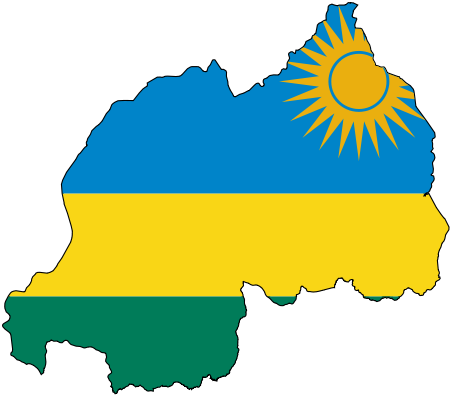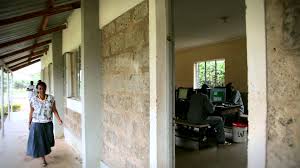Women’s Risk and Need Assessment (WRNA)
Over a period of 10 years, the Women’s Risk and Need Assessment (WRNA) was developed based on Canadian research that stressed the importance of assessing and addressing dynamic risk factors and gender-responsive research and theory, including research suggesting that women’s pathways to criminal
legal involvement is different from men’s [ChesneyLind, 1997; Daly, 1992].
The research also summarizes the gender-responsive tools that are available for managing and supervising women in various correctional settings [Bloom, Owen, & Covington, 2003; Buell, Modley, & Van Voorhis, 2011; Covington, 1998, 2000].
The premise for the development of the WRNA was that tools currently in use generally over-classified (and on some occasions under-classified) women, and therefore inappropriately assigned them to institutional placement or housing and did not match services and programs to their actual risk and need.
Further, services and programs were often not available, as there had been no accurate determination for their need, an outcome based on tools that often overlooked issues more salient to women.
Therefore, the mandated completion of assessment and classification tools often became a “paperwork” exercise, and ultimately the assessments were filed away and not used to guide decision-making.
Today, the WRNA, a tool that appropriately accounts for women’s risk and need, has been applied nationally and internationally for assessment and case planning with women who are at various points of involvement with the correctional system, from pretrial to community supervision.
The research also summarizes the gender-responsive tools that are available for managing and supervising women in various correctional settings [Bloom, Owen, & Covington, 2003; Buell, Modley, & Van Voorhis, 2011; Covington, 1998, 2000].
The premise for the development of the WRNA was that tools currently in use generally over-classified (and on some occasions under-classified) women, and therefore inappropriately assigned them to institutional placement or housing and did not match services and programs to their actual risk and need.
Further, services and programs were often not available, as there had been no accurate determination for their need, an outcome based on tools that often overlooked issues more salient to women.
Therefore, the mandated completion of assessment and classification tools often became a “paperwork” exercise, and ultimately the assessments were filed away and not used to guide decision-making.
Today, the WRNA, a tool that appropriately accounts for women’s risk and need, has been applied nationally and internationally for assessment and case planning with women who are at various points of involvement with the correctional system, from pretrial to community supervision.
Obtain Full Opportunity Text:
NIC Website
Additional Information of Eligibility:
NIC invites applications from nonprofit organizations (including faith-based, community, and tribal organizations), for-profit organizations (including tribal for-profit organizations), and institutions of higher education (including tribal institutions of higher education).
Recipients, including for-profit organizations, must agree to waive any profit or fee for services.
Foreign governments, international organizations, and non-governmental international organizations/institutions are not eligible to apply.
Proof of 501(c) (3) status as determined by the Internal Revenue Service or an authorizing tribal resolution is required.NIC welcomes applications that involve two or more entities; however, one eligible entity must be the applicant and the others must be proposed as subrecipients.
The applicant must be the entity with primary responsibility for administering the funding and managing the entire program.
Only one (1) application will be accepted from a submitting organization.
Full Opportunity Web Address:
https://nicic.gov/about-nic/funding-opportunities/cooperative-agreement-23pr16-womens-risk-and-need-assessment-wrna
Contact:
Agency Email Description:
Form and application information
Agency Email:
Date Posted:
2023-03-24
Application Due Date:
Archive Date:
2023-06-22
Social Entrepreneurship
Spotlight
Rwanda as Social Entrepreneur Fund Beneficiary

The Republic of Rwanda has been picked as one of the six African countries as beneficiaries for a new fellowship fund program designed at supporting social entrepreneurs in tackling issues on food security.

